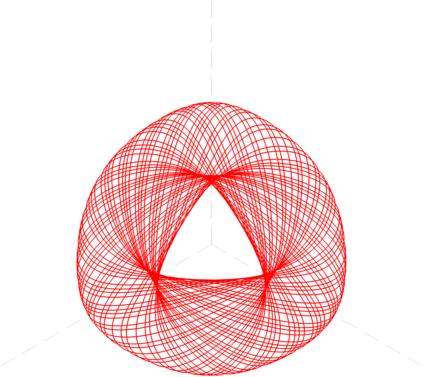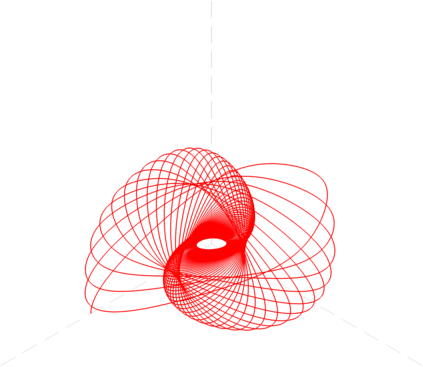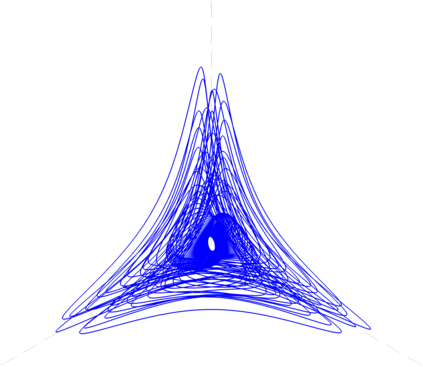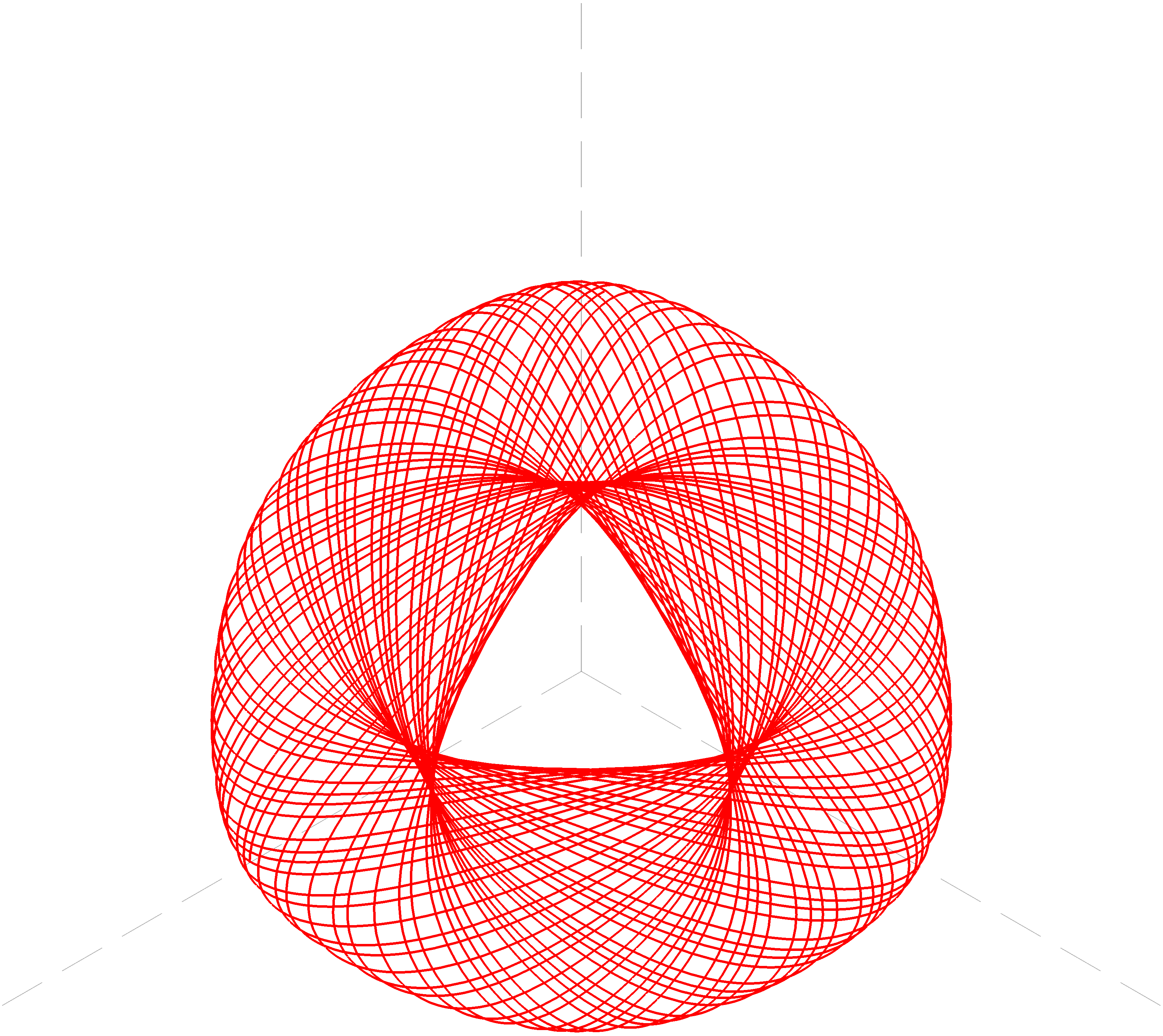Many recent AI architectures are inspired by zero-sum games, however, the behavior of their dynamics is still not well understood. Inspired by this, we study standard gradient descent ascent (GDA) dynamics in a specific class of non-convex non-concave zero-sum games, that we call hidden zero-sum games. In this class, players control the inputs of smooth but possibly non-linear functions whose outputs are being applied as inputs to a convex-concave game. Unlike general zero-sum games, these games have a well-defined notion of solution; outcomes that implement the von-Neumann equilibrium of the "hidden" convex-concave game. We prove that if the hidden game is strictly convex-concave then vanilla GDA converges not merely to local Nash, but typically to the von-Neumann solution. If the game lacks strict convexity properties, GDA may fail to converge to any equilibrium, however, by applying standard regularization techniques we can prove convergence to a von-Neumann solution of a slightly perturbed zero-sum game. Our convergence guarantees are non-local, which as far as we know is a first-of-its-kind type of result in non-convex non-concave games. Finally, we discuss connections of our framework with generative adversarial networks.
翻译:然而,最近许多AI架构的灵感来自零和游戏,但是,它们的动态行为仍然没有被很好地理解。受此启发,我们研究在某类非convex非conculve 零和游戏中的标准梯度下沉性(GDA)动态,我们称之为隐藏的零和游戏。在这个类中,玩家控制着光滑但可能是非线性功能的投入,这些功能的输出被应用为对Convex-concauve游戏的投入。但是,与一般的零和游戏不同,这些游戏的动态行为仍然有一个定义明确的解决方案概念;结果落实了“Hidden Convex-concavevevey”游戏的von-Neumann平衡。我们证明,如果隐藏的游戏是纯粹的convex-concave,然后是vanilla GDA 组合不仅与当地纳什相融合,而且通常与von-Neumann解决方案相融合。如果游戏缺乏严格的调和性特性,GDA可能无法与任何平衡一致,但是,通过应用标准的规范化技术,我们可以证明我们与von-Neumann 解决方案的略过敏化零和零和断的网络的网络的平衡的平衡性网络连接,我们最终的保证是非本地的。我们无法讨论结果。








